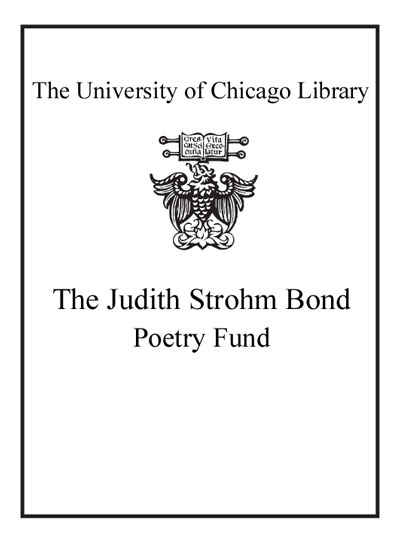Review by Publisher's Weekly Review
Over the past three decades Howe has worked as a kind of poet-scholar manque, mixing into her books prose explorations of early American spiritual and historical chroniclers and her own distinctive poems, usually terse, four-stress snippets that themselves seem like fugitive fragments from a larger suppressed text. In her newest book, Howe stands in thrall to a 17th-century history of Deerfield, Mass., and then chases down an obscure reference to "Labadist" in Wallace Stevens's family tree, which brings her to the story of a short-lived Utopian "quietest sect," followers of Jean de Labadie who established a community in Maryland in 1684 that vanished within 40 years. It is in these vast tracts of time made intimate by texts, by language, that Howe operates: "I keep you here to keep/ your promise all that you/ think I've wrought what// I see or do in the twilight/ of time but keep forgetting/ you keep coming back." Beginning with a quote from Jonathan Edwards equating the silkworm to "a type of Christ" and ending with a photograph of a fragment of the silk wedding dress of Edwards's wife, onto which Howe projects a text ("I have already shown that space is God"), this is intense stuff. Published simultaneously with a new edition (prefaced by Eliot Weinberger) of Howe's classic critical work My Emily Dickinson. (Nov.) (c) Copyright PWxyz, LLC. All rights reserved
(c) Copyright PWxyz, LLC. All rights reserved
Review by Publisher's Weekly Review

